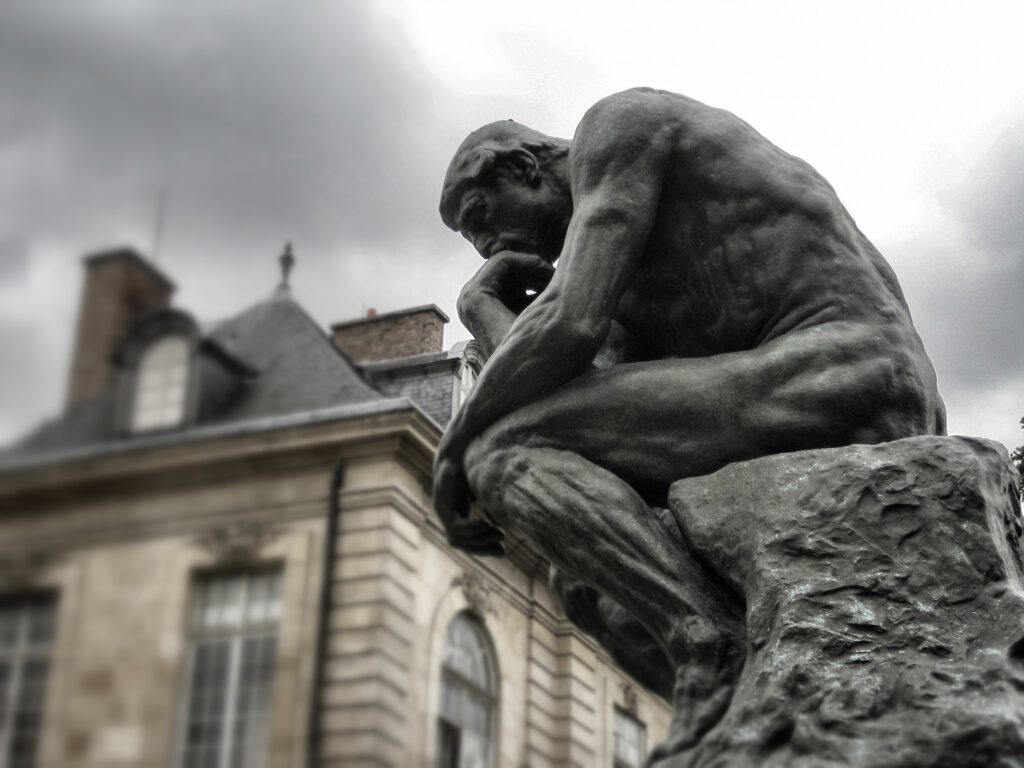I was once at a dinner party when a friend, who I think had read a Robert Fisk article that morning, began explaining an aspect of Middle Eastern politics. Unbeknown to her, one of the guests was something of an expert in the field, and was nodding politely at my friend’s newfound wisdom. I felt the need to jump in and save her from embarrassment.
I have something of a similar response to Brendan Brown’s appeals to rationality (Why an Atheist Prime Minister is better The Punch Nov 10). The article, picking up on the now familiar New Atheist shtick makes me want to point out some realities of history and philosophy that the writer seems unaware of.
There are some bold claims here. We read for instance that, “even the most devout of Jesus’ disciples would admit that the Bible makes an underwhelming historical document.” The audacious statement, sweeping aside thousands of years of scholarly work, reveals a lack of understanding of believers in the first instance, but also of the many non-believing historians who nonetheless consider the biblical text to be historically robust by ancient history standards. Classicist and historian Joseph Klausner and his successor, Oxford Professor Geza Vermes, come to mind as historians at the top of their field, without Christian affiliation, who consider the New Testament to be serious history at its core.
It’s boringly obvious to point out that the many great minds that do in fact believe and could hardly be thought of as foolishly naïve.
And what about the claim that economic reform and climate change are decidedly secular issues? That appears arbitrary and ill-founded. It is very clear that faith has contributed to and shaped, in both good and bad ways, huge social movements throughout centuries. One can immediately think of the fight to end slavery, 18th Century British social reform and the Civil Rights movement in the States, the growth of education and development of hospitals. We could go on.
The suggestion that religion survives on “faith alone” and that it is not subjected to even the most elementary scrutiny or analysis, is especially problematic. It’s boringly obvious to point out that the many great minds that do in fact believe and could hardly be thought of as foolishly naïve. Even that most pugnacious of atheists, Christopher Hitchens, is happy enough to describe Francis Collins, the man who brought the human genome project to completion and a committed Christian, as “one of the greatest living Americans”. Presumably Collins isn’t in the business of committing his life to something that is completely devoid of evidentiary burden, as Brown believes all religion to be.
But regarding the argument that religious belief is entirely non-rational; that it is about disregarding the laws of the universe and ignoring the natural order I do feel the need to offer a suggestion. For those who want to go down that path, getting familiar with Notre Dame Professor Alvin Plantinga’s work on why naturalism cannot be rationally believed, might make for an interesting excursion?
Plantinga, a leading American philosopher, recently explained his famous argument in an interview with the Centre for Public Christianity. The basic idea is this: if you’re a naturalist (there’s no God or gods), you’ll also be a materialist (the only thing that exists, including consciousness, is physical matter). You’ll think human beings are material objects, and that there isn’t any immaterial soul, or self, or person.
You will also necessarily think that any belief that someone might hold (all religion is irrational for instance) is something like a structure of neurons in the nervous system, or in the brain, which will have two kinds of properties. The belief will have neuro-physiological properties, but it will also have content properties.

Now, evolution doesn’t give a toss about what you believe. It only cares about rewarding adaptive behaviour and punishing maladaptive behaviour. So evolution will modify those neuro-physiological properties in the direction of greater adaptiveness, but it doesn’t follow that it modifies belief in the direction of truth. Evolution doesn’t care about true belief.
So, says Plantinga, if you accept the combination of naturalism and materialism, you’ll have to take it that for any particular belief you might hold, the probability that it’s true is about a half. It could as likely be true as false. All you really know is that as creatures, we evolve and behave adaptively. If that’s the case, given naturalism and evolution, then the probability that one’s beliefs are reliable will be low.
Now of course, if you don’t accept naturalism and materialism, and suspect there is more going on inside you and those you love than mere physical matter, then you don’t have that problem. If you think there is more to life than only that which you can see and touch and smell, you have grounds for trusting your faculties.
None of this is intended to prove belief. But it might give Brendan Brown reason to pause. He’s right that rationality shouldn’t be an optional quality in a Prime Minister. But he’s wrong to think that religious faith is always evidence of leaving one’s brain at the door.
Simon Smart is a Director of the Centre for Public Christianity.